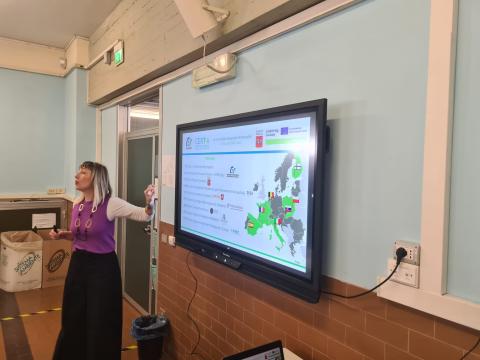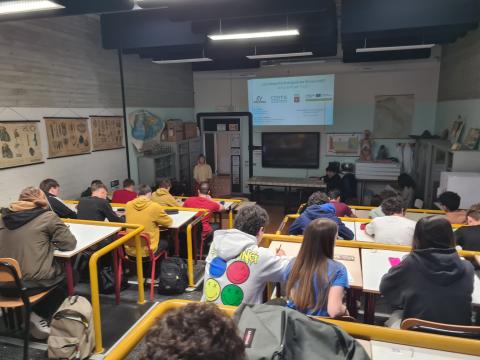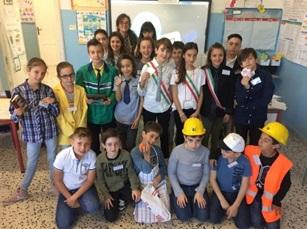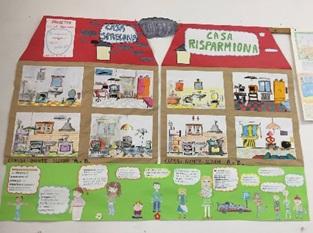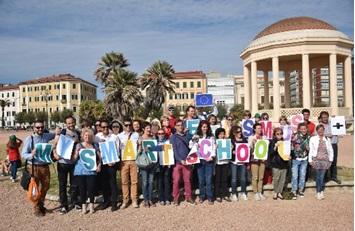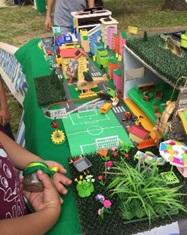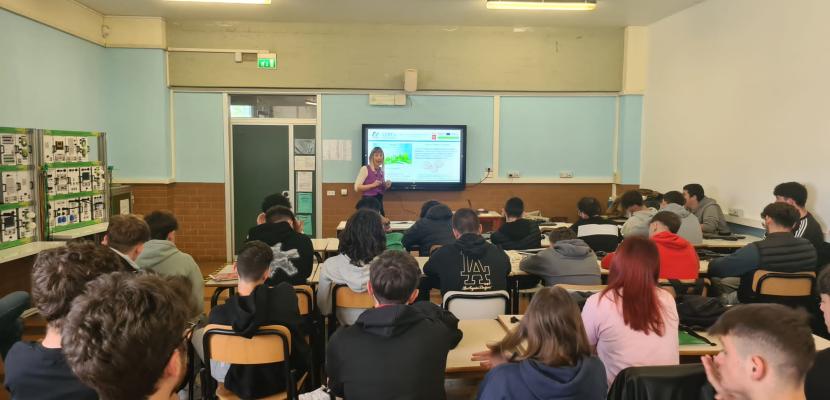
Educating young generation to become aware citizens of the green future toward RECs

About this good practice
An active school and aware children involved in environmental sustainability education is a crucial factor in directing the community towards a sustainable future and energy transition.
For this reason, not only students but all parties must be involved: parents, teachers, school keepers, headmasters and all partners who share common and positive experiences.
In many cases schools, especially in recent years, are very active in the environmental education sector and participate in multiple projects proposed by various associations during the school years. Often, however, these virtuous actions are practically unknown to other schools, local authorities, citizens, community etc. and are not valued adequately. We need more communication in this sense. In this regard, ARRR thanks to its various branch offices spread in the whole Tuscany Region has been carrying out energy education activities since many years, addressed to any level of schools and facing the following topics like: Energy saving, Energy efficiency, Renewable energy sources, Climate change and greenhouse effects, and lately renewable energy communities (RECs)
The aim of these activities was to address students environmental and energy issues, which are more current than ever, in a playful and interactive way so as to make them participate actively, be interested and willing to take the message to their families and friends trying to become all increasingly sustainable.
Resources needed
Energy education in schools should be an institutional activity for energy agencies. Financial part should be provided by own funds. The costs to manage this activity involve mainly staff costs. Some other external costs may be referred to the purchase of material, printing of leaflet, stationery.
Evidence of success
After each school activity ARRR provided to students some questionnaires (ex ante/ex post) to measure the possible improvements in their skill/knowledge. The results of the ex-post questionnaires were very satisfactory. Most students, after our lesson, managed to understand what RECs are and their functioning. Some ideas were collected on the possible communication strategy to increase citizens’, Associations',P.As' involvement on the topic of RECs. ARRR involved 4 classes (total 88 students).
Potential for learning or transfer
This GP experience doesn’t need huge costs and it resulted to be efficient. When you meet students and talk with them about RECs or other issues linked to the environmental protection, they will spread the message also to parents and friends.
The meetings content can be replicated in different schools and areas.
ARRR, during the last 20 years has been collecting a series of activities and laboratories, by adapting them to the local age of students and local territory, as a result of sharing good examples with other EU partners.
ARRR can provide guidelines or instructions to carry out some of these activities (most of them are in Italian but they can be translated). They could be renovated and upgraded with more recent updates on the REC topic.
Some examples : Role play on climate change, Build a solar oven with a pizza box, The “saving house” and the “wasting house”, Climate map and carbon footprint calculation, Energy tour at school and at home, Energy meter reading at home.
